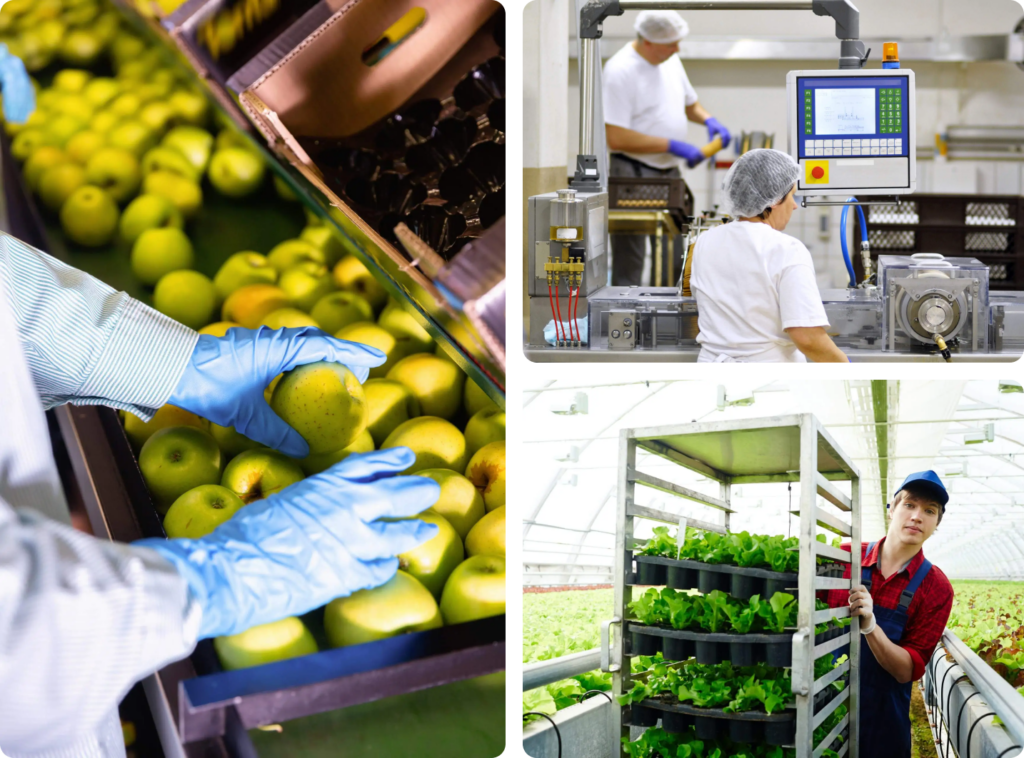Training Reimagined
Instructor-Led Training
Learn regulatory compliance, food safety standards, proper operating procedures, and fundamentals of sanitation and hygiene from top food industry experts.


This training explores the key sanitary design principles for food processing facilities to support food safety and allow effective sanitation of equipment. This course is presented by an industry leader in Sanitary Design using real-world examples to illustrate the learning objectives and enhance participants’ understanding.
Thermal processing remains the most important method of food preservation in use today. The large scale of these operations makes it more important than ever that the process is error-free. This 2-day workshop will give an introduction to thermal processing concentrating on low acid food retort production operations.
IEH Academy is a recognized BPCS provider. This four-day food safety training course is offered by IEH’s processing experts who have extensive experience in aseptic, high acid, and retort operations and teaching.
The AFDO Seafood HACCP Alliance course provides participants with the information needed to develop their firm’s Seafood HACCP plan. Those who complete both Segments are eligible for a “Certificate of Course Completion” from the Association of Food and Drug Officials (AFDO). This certificate provides evidence that the individual meets the training requirements.
This course discusses thermobacteriology as it is applied to food processing. With a focus on the methods of process evaluation, special attention will be given to fundamental concepts on which the development of the methods is based. The course indicates some of the many problems that still exist concerning further refinement in the art of thermal processing of foods.
Comprehensive food safety plans are imperative to protect the consumer, the brand, and the food processor’s future. HACCP is a fundamental approach to food safety required by all regulatory entities. This two-part instructor-led virtual training gives participants the knowledge to contribute in a meaningful way to the implementation of a successful Food Safety Plan.
The course curriculum is based on the guidelines from the Food Safety Preventive Controls Alliance (FSPCA) in conjunction with the FDA. Group panels & discussions will be utilized through virtual breakout rooms which will reinforce knowledge and allow students to share experiences.
This course is designed to cover compost sampling requirements. It covers the number of samples, how and where to take the samples, and why they are being taken. After successfully completing this course, a certificate will be issued to each participant.
This course is designed to give the participant a comprehensive understanding of the importance of a robust environmental monitoring program. It also covers proper sampling techniques, where to sample and frequency of sampling, target organisms and methods. Finally, it covers the responses to testing data, e.g., implementing corrective actions, documentation and data management.
This course is designed to cover food safety risks, regulatory and customer requirements, field and water sampling as well as sample transport. After successfully completing this course, a certificate will be issued to each participant.